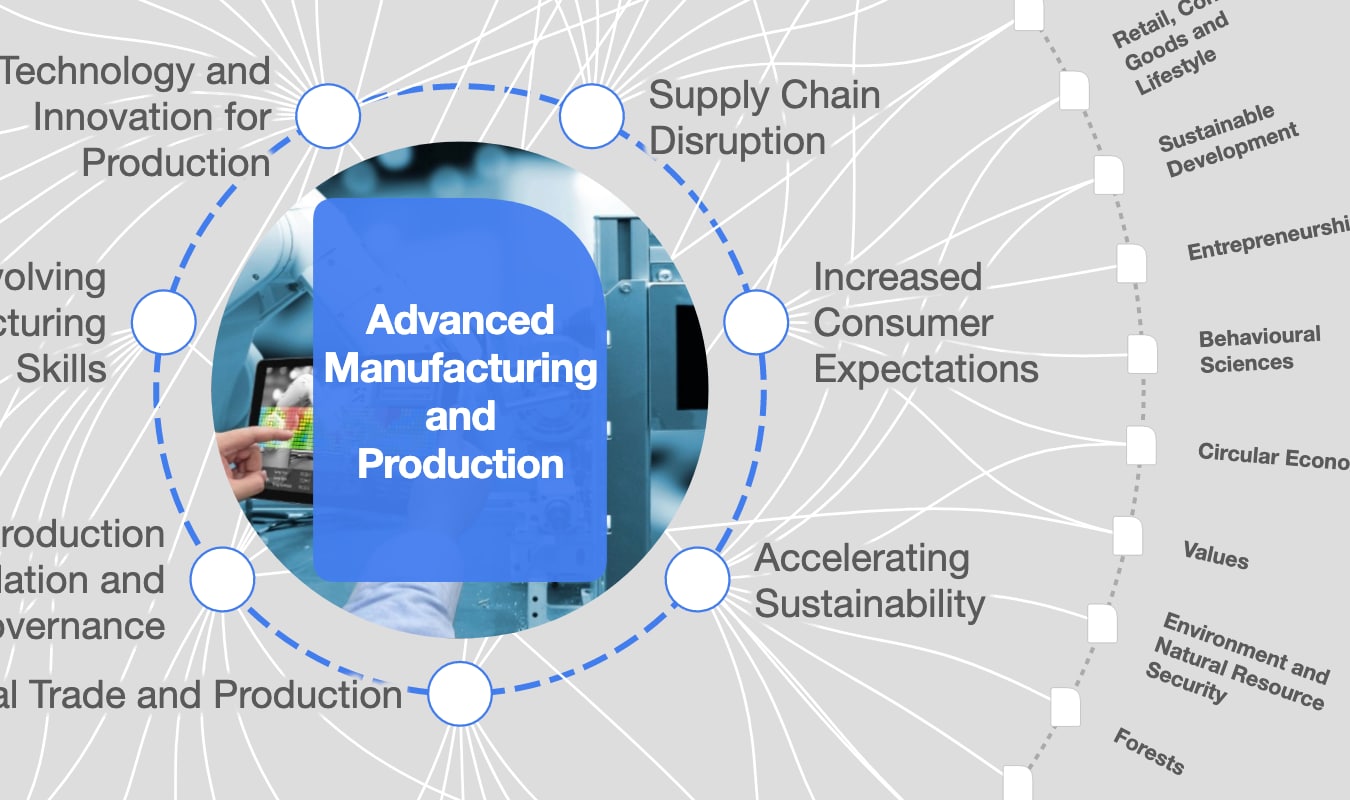How middle-income economies can take advantage of the fourth industrial revolution

The fourth industrial revolution raises barriers to entering a market. How can countries like Poland overcome these? Image: REUTERS/Kacper Pempel
Although the rapid digitalization and automation observed in recent decades has hugely contributed to productivity growth, these factors are also the cause of a dispersal of productivity among different sectors, leading to a gap in profitability and inequality in wages. The likelihood of following this sequence of events is stronger among companies that operate within one industry rather than between sectors. A small group of giant multinationals, who operate on platform business models and have a rising ability to customize products, are emerging to dominate the global market. Today, industrial companies with revenues of more than $1 billion earn more than half of the overall global income from industry.
In the long run, this trend may consolidate the dual economy model, where high-tech companies with well-qualified and highly-paid employees operate simultaneously with companies of low productivity, who use obsolete technologies and create low-quality jobs. It may mean the return to the economic landscape observed more than a hundred years ago, which, in US economic history, was called the Gilded Age. Such economic outcomes translate to a difficult social situation, reflected in the extreme political choices of certain groups.
Disparities are increasing not only in advanced economies, but also internationally, between developed and developing countries. For catching-up countries trying to avoid the middle-income trap, this can create important development challenges and significantly slow down the convergence process. The Fourth Industrial Revolution raises barriers to entering a market, as major competitive advantages are gained through access to data, investments in integrated digital solutions, which entail substantial costs, as well as advanced and rare qualifications.

Facing these changes, middle-income economies’ existing competitive advantages, which are mainly based on low labour costs and highly dependent on major foreign investments in fixed assets, are declining in importance. At the same time investments in new technologies require significant financial efforts - especially in the case of companies from capital-scarce countries - and necessitate the building of complex and innovative ecosystems, which in turn involves a race for talent and quality institutions. Transformation from a dependent economic development model, where means of production are easily replaceable, demands adoption of a new development strategy. An upgrade in global value chains then inevitably depends upon access to funding, talent, social capital and an efficient institutional environment.
The situation in Poland - a country typically considered to be a middle-income country yet finding itself on the verge of joining higher ranks - perfectly fits the pattern described above. The liberal model adopted in Poland in times of economic transition is no longer able to cope with the new economic conditions brought in by the Fourth Industrial Revolution. Facing international competition requires a dramatic increase in the scale of investment in knowledge and human capital. This would require localizing and then focusing on promising pro-growth sectors, including both public and private sector endeavours. Therefore, it is essential to implement a new model for responsible development, which will ensure support for innovation efforts and socialize profits in accordance with the risk borne. In these new circumstances a passive attitude from public institutions could doom the Polish economy to a prolonged drift in economic development.
It is also worth noting that increasing discrepancies in productivity between countries are not only a problem of catching-up countries. The emergence of world-class corporations poses a challenge to all economies, including the most efficient. Globalization and digitalization in the absence of adequate regulation may paradoxically suppress international trade, as the widening productivity gap can trigger protectionist tendencies. Such disintegration would negatively affect the most developed economies too.
Although the benefits of digitalization and automation of production can contribute to an unprecedented rise in value-added generation, they will not necessarily translate into increased prosperity for all. This is why it is extremely important to adjust economic policy tools to the new economic environment. Only active state involvement can secure truly sustainable development.
Don't miss any update on this topic
Create a free account and access your personalized content collection with our latest publications and analyses.
License and Republishing
World Economic Forum articles may be republished in accordance with the Creative Commons Attribution-NonCommercial-NoDerivatives 4.0 International Public License, and in accordance with our Terms of Use.
The views expressed in this article are those of the author alone and not the World Economic Forum.
Stay up to date:
New Growth Models
Related topics:
Forum Stories newsletter
Bringing you weekly curated insights and analysis on the global issues that matter.
More on InnovationSee all
Awais Ahmed and Srishti Bajpai
November 11, 2025







